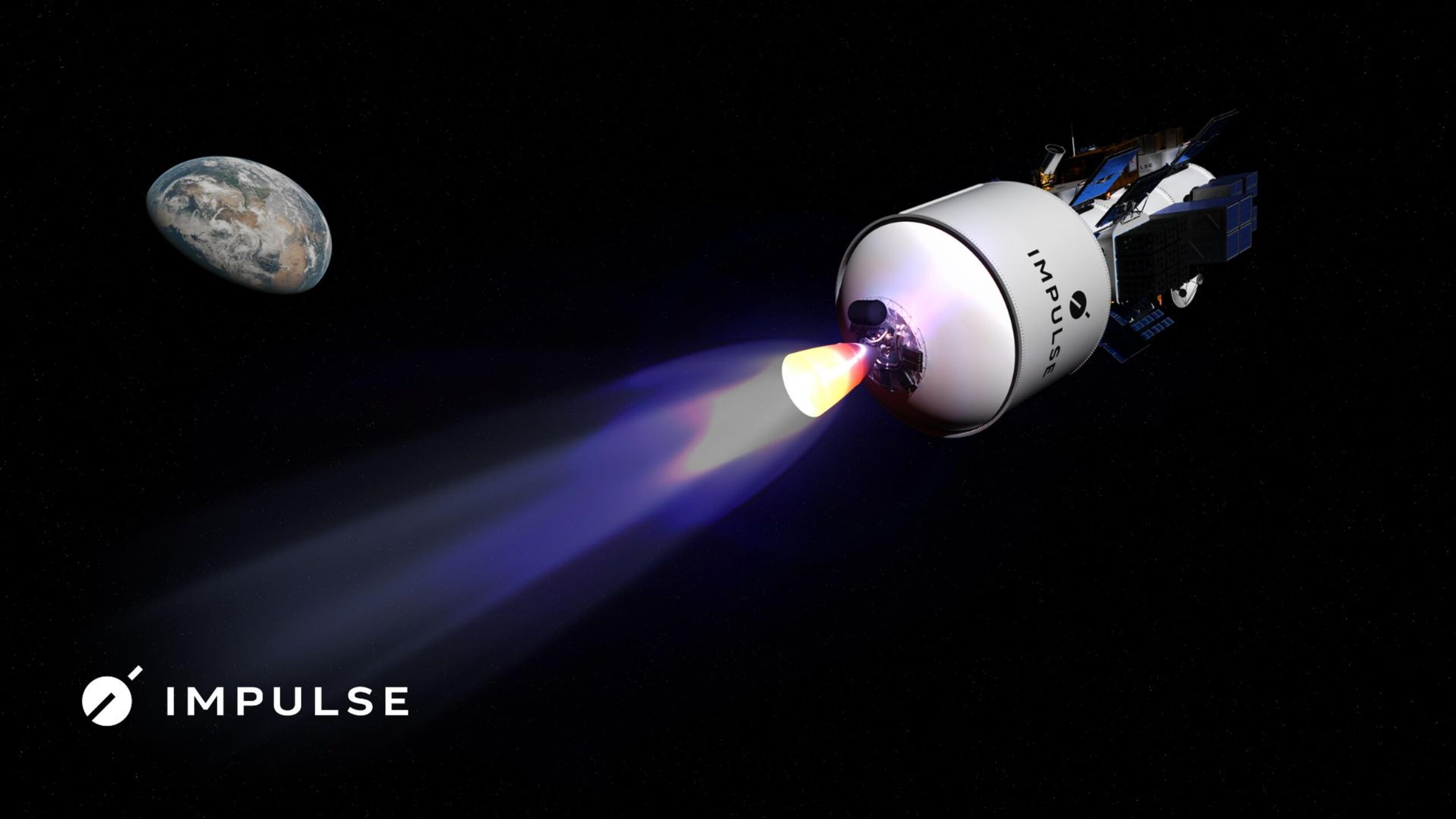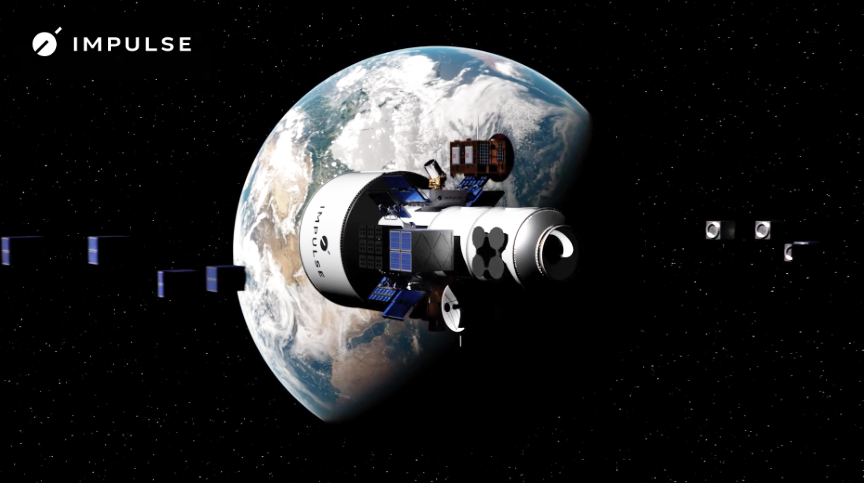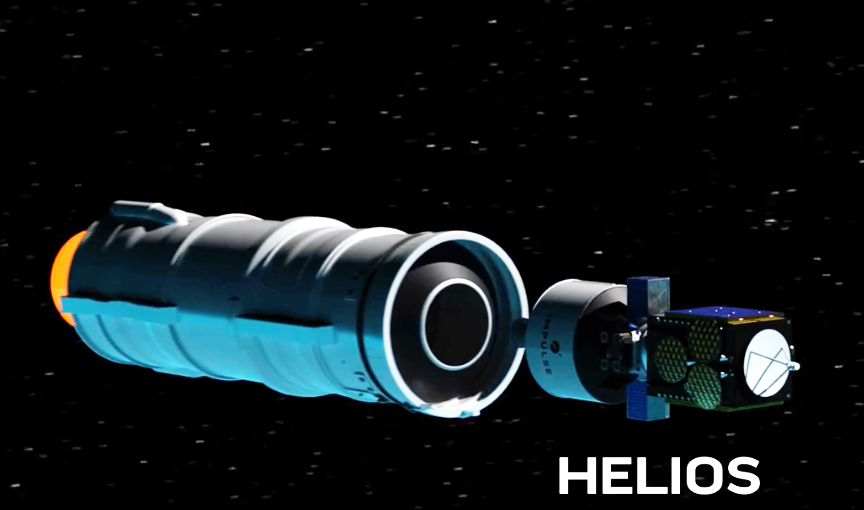
Impulse Space has gained $150 million via a Series B funding round, led by Founders Fund. The round also included participation from other returning investors, such as Lux Capital and Spring Tide, as well as attracting new investors, such as DCVC. Other participants in the funding round included Airbus Ventures, Alumni Ventures, Balerion Space Ventures, RTX Ventures, Tamarack Global, 137 Ventures, Elysium, First Principles Group, Island Green, Overmatch, and Trousdale Ventures.

The funding, which follows a series of recent milestone moments for the company, will be used to further grow the Impulse team and to support the ongoing production of both the Helios and Mira vehicles. The Series B round brings Impulse’s total funding to date to $225 million.

The Series B funding continues the strong momentum for Impulse. This year alone, the company has been selected by SpaceWERX for a Strategic Funding Increase (STRATFI) award, two Small Business Innovation Research Program (SBIR) awards, announced a new GEO Rideshare Program, and completed the record-setting LEO Express-1 mission. The team is currently preparing for the upcoming launch of the LEO Express-2 mission, which will see a Mira vehicle support deployment and hosting services for multiple customers.

Operations are based out of Impulse’s 60,000-square-foot headquarters in Redondo Beach, Calif., where the company handles the majority of vehicle design, manufacturing, testing, and assembly under one roof. Impulse also operates facilities at the Mojave Air and Space Port, where additional testing work is underway for the Helios Deneb engine.
Impulse Space’s vehicles, Helios and Mira, stand out in two key ways from other market entrants. Each features predominantly in-house components, from thrusters and valves to star trackers and avionics. This vertically-integrated approach enables the team to advance innovation and improve reliability while staying on time and on budget.
Second, both vehicles offer a high delta-v capability due to their chemical propulsion systems, which also feature non-toxic propellants, simplifying mission operations. Helios, a high-performance kick stage, uses liquid oxygen and liquid methane to transport more than 5 tons of payload from LEO to GEO in less than 24 hours.
Mira, designed for payload hosting, deployment, and movement within orbits, uses a storable nitrous oxide and ethane bipropellant to offer up to 900 m/s of delta-v for a 100 kg payload.
Together, the two vehicles address a critical need in the in-space transportation infrastructure by supporting rapid maneuverability within and between orbits.
With this latest funding, Impulse will continue growing its team of more than 140 employees and working to execute against an upcoming roadmap that includes the first mission for the upgraded Mira design in late 2025 and the inaugural launch of Helios in 2026.
“The satellite market is demanding enhanced maneuverability and rapid on-orbit responsiveness, which requires Impulse Space’s powerful, high delta-v vehicles,” said Scott Nolan, Partner at Founders Fund. “Tom has built a team with deep expertise innovating on mission-critical technologies, positioning the company to reliably deliver while driving the future of in-space transportation.”
“This funding is not only a testament to our team’s achievements over the past year but also a validation of our vision for the in-space transportation industry,” said Tom Mueller, founder and CEO of Impulse Space. “We’re proud to have so many partners who understand and support the importance of our work to accelerate humanity’s future in space by unlocking reliable, affordable, and efficient access to any orbit.”
